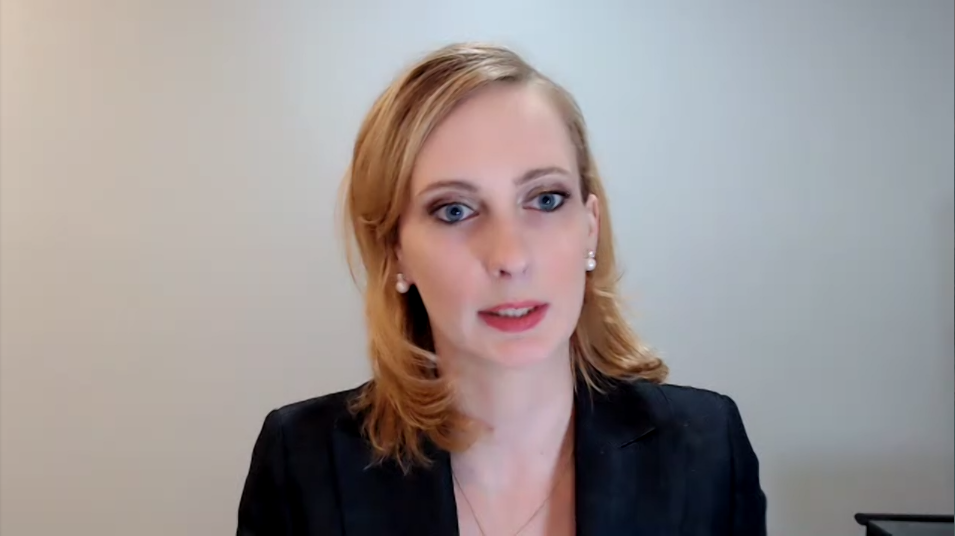Antitrust Enforcement Certain to Rise as Left and Right Agree Big Tech Has Too Much Power
January 27, 2021 – With a focus on the power of big technology platforms, antitrust and competition issues faced by the Biden Administration are at the highest levels of hyperpolarization ever, observed panelists from the left and the right at the State of the Net event on Wednesday. The insurrectio










Member discussion